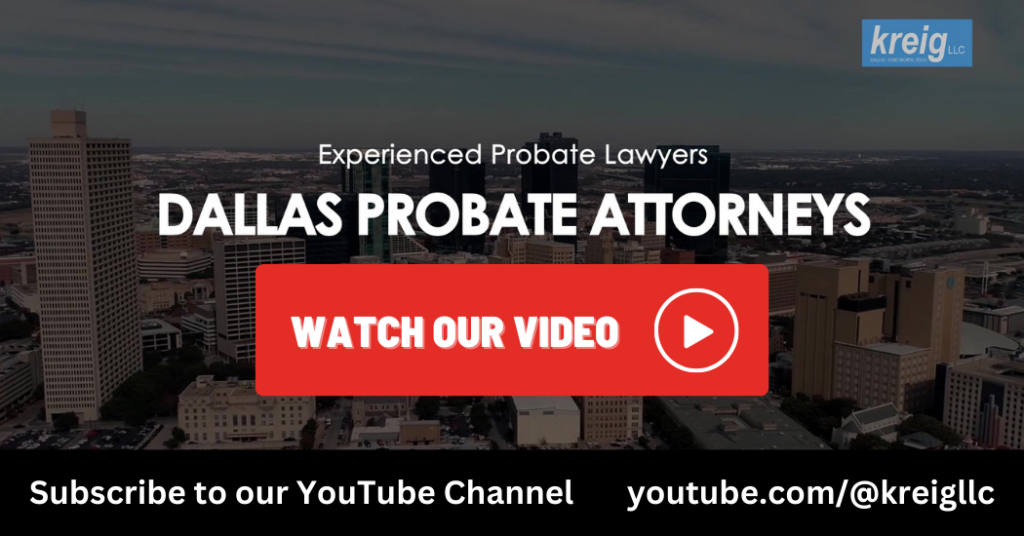The “too good to be true” lease. It’s the month-to-month lease agreement for a friend. It’s the lease that charges below-market rent.
What happens to the real estate subject to this type of lease when the owner dies? What should you do if you are the personal representative and this property is part of the estate?
The court provides the answers to these questions in Wood v. Kennedy, 473 S.W.3d 329 (Tex. App.–Houston [14th Dist.] 2014).
Facts & Procedural History
This case involved a verbal lease for a commercial building. When the owner died, the tenant alleged that he was renting the property from the owner for $250 per month and had a one-year option to purchase the property.
The personal representatives for the decedent’s estate demanded that the tenant pay $1,500 per month in rent, which presumably was the going rental rate for the building.
The tenant refused to vacate the building and failed to pay the rent to the personal representatives.
The personal representatives eventually sued the tenant for forcible entry and detainer. A default judgment was entered against the tenant because he failed to appear.
Litigation ensued in the probate court. After a bench trial, the probate court issued a writ of possession and a final judgment in favor of the personal representatives.
The Hold Over Tenant
The hold over tenant is a tenant who stays beyond the term of the lease. A hold over tenant is either a “tenant at will” or a “tenant at sufference.”
A tenant at will is one who occupies the property beyond the lease term with the landlord’s consent. A tenancy at will occurs when the holdover tenant continues paying rent, and a landlord is aware of the possession while collecting the rent without objection.
A tenant at sufferance is one who occupies the property beyond the lease term without the landlord’s consent. This usually arises when the tenant stays in the property and refuses to pay rent.
Tenant at Will vs. Tenant at Sufferance
Why does this distinction matter? The answer is the tenant at will is entitled to rely on the terms of the lease for their use of the property even after the lease expires. The tenant at sufferance does not have this right.
Recall that in this case, the tenant alleged that he had a lease that only required nominal rental payments. If he was a tenant at will, he would only have to continue making these low rental payments. If he was a tenant at sufferance, he would be obligated to pay the higher reasonable rental value.
How does the court determine whether a tenant is a tenant at will or tenant at sufferance when there is no written lease agreement? The court will look to the tenant’s conduct.
In this case, the personal representatives asked the tenant to vacate the premises. They sued the tenant. The tenant also failed to pay rent. Given these facts, the court concluded that the tenant was a tenant at sufferance.
The result is that the tenant was liable for the higher rent amount.
Continue the Lease or Evict the Tenant?
Those with below market rental properties should execute a will that says how the properties are to be handled upon death. This can help the personal representative avoid disputes with the tenant.
Assuming this was not addressed by the decedent’s estate plan, what should you do if you are the personal representative of an estate and an existing tenant is renting the property without a written agreement at the time of the decedent’s death?
The answer depends on your circumstances and, ultimately, what is in the best interest of the estate. The personal representative has a duty to secure and protect the probate property. The failure to do so can subject the personal representative to personal liability. This is true when there is a will and when the decedent died without a will.
One option is to accept the tenants rental payments and allow them to stay in the property. With this option, the personal representative should know that the prior lease terms will govern going forward, and you may not be able to get the fair market value of rent before evicting the tenant.
Another option is to reject the rental payments and seek to have the tenant removed from the property. This can cost money in the short term as there is a loss of rental payments and could trigger more attorneys fees and court costs, but the increase in rent may cover the losses. The court may even make an award of attorneys fees and costs.
Don't miss out, get a copy today!












